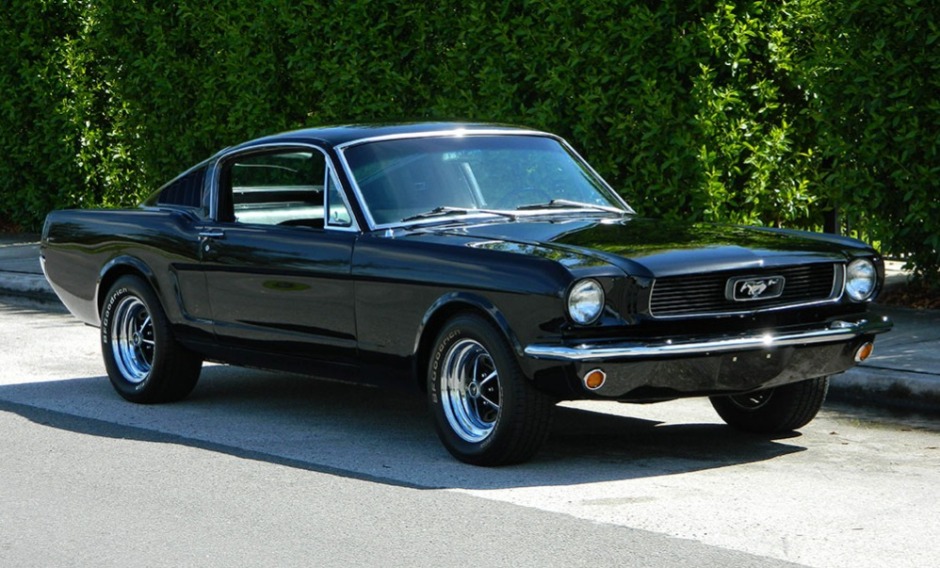
There is no question that new cars are better than old cars. Better crashworthiness, air bags, more efficient engines, mega-multi-speed transmissions. The sporty cars and sedans handle light years better, with better suspensions, disc brakes standard, ABS, anti-skid, driver assists, and in some cases self-driving. And then there’s blue tooth entertainment, rockin’ audio with surround sound, GPS navigation, in-car service with a friendly person on the other end. Rust is almost completely history.
Yes, new cars are better than old cars in every way. Except one: Personality. Our favorite cars of the 60s and early 70s had unmatched styling and flair.
Sure, American car quality of the day was suspect. The old saying was that the cars were designed to fall apart so you’d have to buy new ones. As a former auto engineer, I can tell you that was pure horse-doodie. The truth is that cars weren’t engineered to last a long time. They were engineered to last 100,000 miles–if they didn’t rust out. Exhaust systems weren’t stainless steel and car bodies weren’t made from galvanized steel. Accountants drove price concessions everywhere (read Bob Lutz’s books!).
Cars today look bland in comparison. With aerodynamics and mileage so crucial, cars and shaped in the wind tunnel for minimum drag, which drives a similarity of shape. Cars are becoming commodities, so much so that you can buy them on the internet and have them delivered without ever taking one for a test drive.
Where’s the passion?
Cars of the 60s elicited passion. People cared about what model car they had. They waited with eager anticipation for the new models to roll out. Car dealers papered over their windows so customers couldn’t get a sneak peek until the official launch date. Cars were painted in exciting colors. Who remembers Grabber Orange or Plum Crazy?
Cars of the 60s still elicit passion in people today. Ever heard of the Woodward Dream Cruise? Over a million people descend on a 10 mile stretch of Woodward Avenue on a Saturday in August, with four lanes of traffic in each direction at a crawl, with every inch of parking lot filled with car clubs and enthusiasts. People take their cars cruising the week before. There are innumerable car parades and car shows the night before. Manufacturers rent out entire parking lots and set up compelling displays to showcase their new wares, complete with favorites from the old days.
It doesn’t stop there. Car shows and car clubs abound across the country. People have passion for their cars because the cars were about passion.
The craze began in the 50s with tail fins. Talk about over-the-to styling! Wings and fins and swoops and glass and chrome, morphing into pony cars and muscle cars. Sadly, the era ended with a gas crisis and an insurance crisis and by the mid-70s cars became overweight dogs, burdened by choking emissions systems and impact bumpers. Weight went up and horsepower went down. Styling suffered as the focus was on emissions and safety. And then came the K-car. While it saved Chrysler it brought into vogue boring boxes that were small.
Today there is a resurgence in passionate cars. Mustangs and Corvettes, Camaros and Challengers. Faster, more efficient and better in every way than the originals. They even evoke some of the passion that was present in the past.
No, I don’t get excited about electric cars, no matter Tesla’s ludicrous mode. Show me how you can customize a Tesla or a Prius, how a passionate owner can take an EV and personalize it. Let’s bring the passion of the automobile back.
In the meantime, there’s always car shows and car meets and a whole bunch of enthusiasts restoring the cool cars of the 60s. Spending an afternoon–or all day–looking at prime examples of cool cars always brings a smile to my face. And that’s not all bad.
